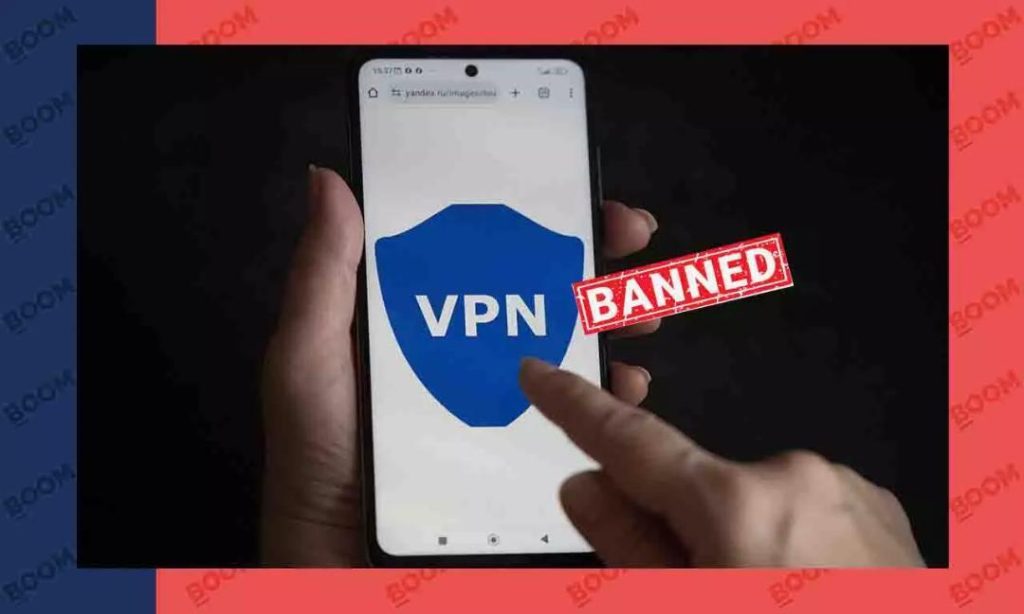
Is Doda’s Two-Month VPN Ban Legal Under India’s New Law?
The recent decision by the Doda district administration in Jammu and Kashmir to ban Virtual Private Networks (VPNs) for a period of two months has raised several eyebrows and sparked a heated debate about the legality and implications of such a move. The ban, which comes into effect under Section 163 of the Border Neighborhood Scheme (BNS) 2023, has been criticized by legal experts who argue that it is unconstitutional and exceeds the scope of the section.
In this blog post, we will delve into the legality of the VPN ban and explore the implications of such a restriction on digital privacy and access.
What is Section 163 of the BNS 2023?
Section 163 of the BNS 2023 is a provision that empowers the district administration to impose restrictions on the use of digital technologies in the region. The section states that the administration can prohibit or restrict the use of digital technologies “in the interest of public order, safety, or for the maintenance of law and order.”
However, legal experts argue that the ban on VPNs exceeds the scope of this provision. “The section is meant to empower the administration to take measures to prevent cyber attacks and ensure public order, not to restrict the use of VPNs,” said senior advocate and cybersecurity expert, Rajinder Sachdeva.
Is the VPN Ban Legal?
The legality of the VPN ban hinges on the interpretation of Section 163 of the BNS 2023. However, legal experts argue that the ban is unconstitutional and violates the fundamental right to digital privacy and access.
“The right to privacy is a fundamental right guaranteed by the Constitution, and the ban on VPNs is a violation of this right,” said advocate and digital rights activist, Apar Gupta. “VPNs are a crucial tool for individuals to protect their online privacy and security, and restricting their use is a violation of their fundamental rights.”
Furthermore, the ban is also seen as a disproportionate measure that is not justified by the circumstances. “The administration has not provided any justification for the ban, and it is unclear what specific threat or danger VPNs pose to public order or safety,” said Sachdeva.
What are the Implications of the VPN Ban?
The VPN ban has several implications that are far-reaching and potentially devastating. Firstly, it restricts the use of VPNs, which are legal and even recommended by the Indian Computer Emergency Response Team (CERT-In). VPNs are used by individuals to protect their online privacy and security, and restricting their use can have serious consequences for individuals and organizations.
Secondly, the ban can lead to a chilling effect on free speech and expression. VPNs are used by individuals to access online content that is blocked or censored by the government, and restricting their use can lead to a restriction on the freedom of speech and expression.
Thirdly, the ban can also have serious implications for businesses and organizations that rely on VPNs for their operations. “The ban can cause significant disruptions to businesses and organizations that rely on VPNs for their operations,” said Gupta. “It can also lead to a loss of revenue and jobs, and can have a negative impact on the economy.”
What is the Way Forward?
The VPN ban in Doda district is a concerning development that raises serious questions about the legality and proportionality of such a restriction. The administration must reconsider the ban and provide a clear justification for restricting the use of VPNs.
Furthermore, the government must also take steps to ensure that digital privacy and access are protected and respected. This can be achieved by implementing robust data protection laws and regulations that protect the privacy and security of individuals.
In conclusion, the VPN ban in Doda district is a concerning development that raises serious questions about the legality and proportionality of such a restriction. The administration must reconsider the ban and provide a clear justification for restricting the use of VPNs. The government must also take steps to ensure that digital privacy and access are protected and respected.






